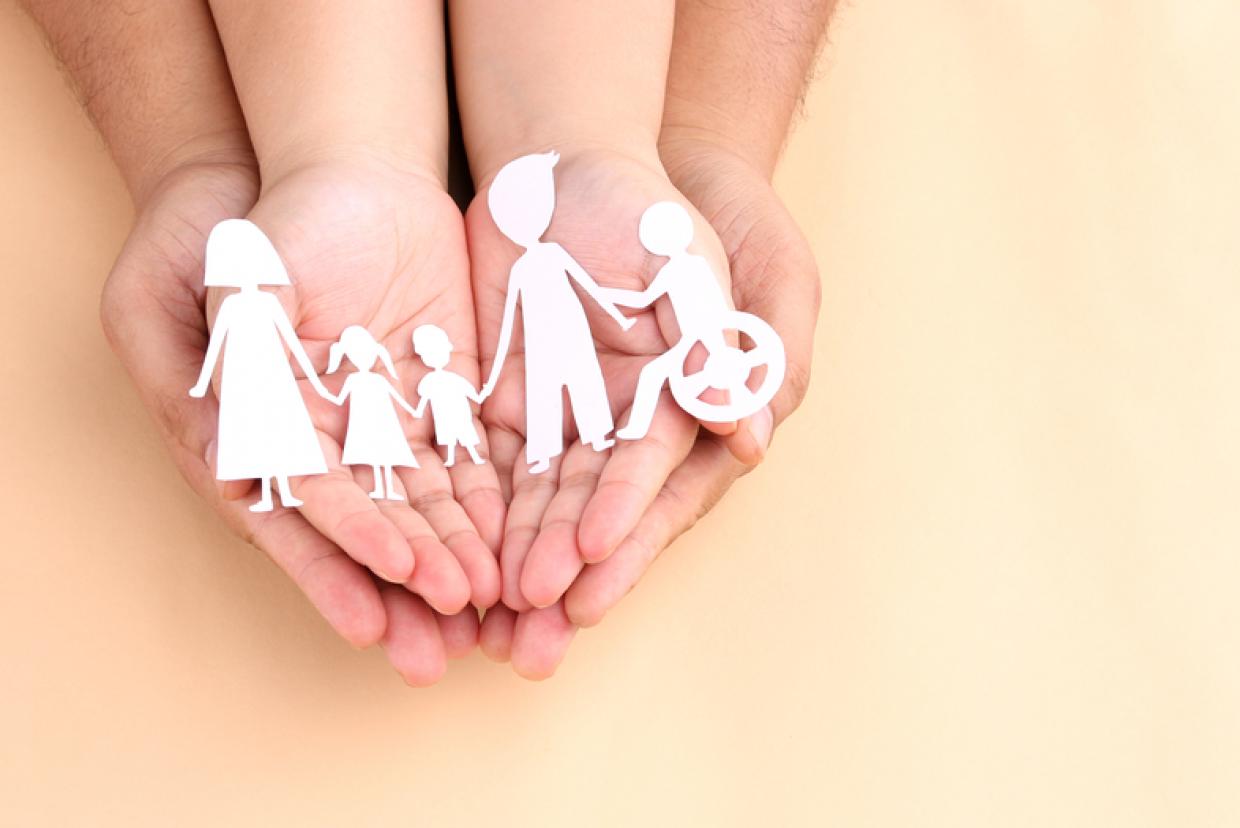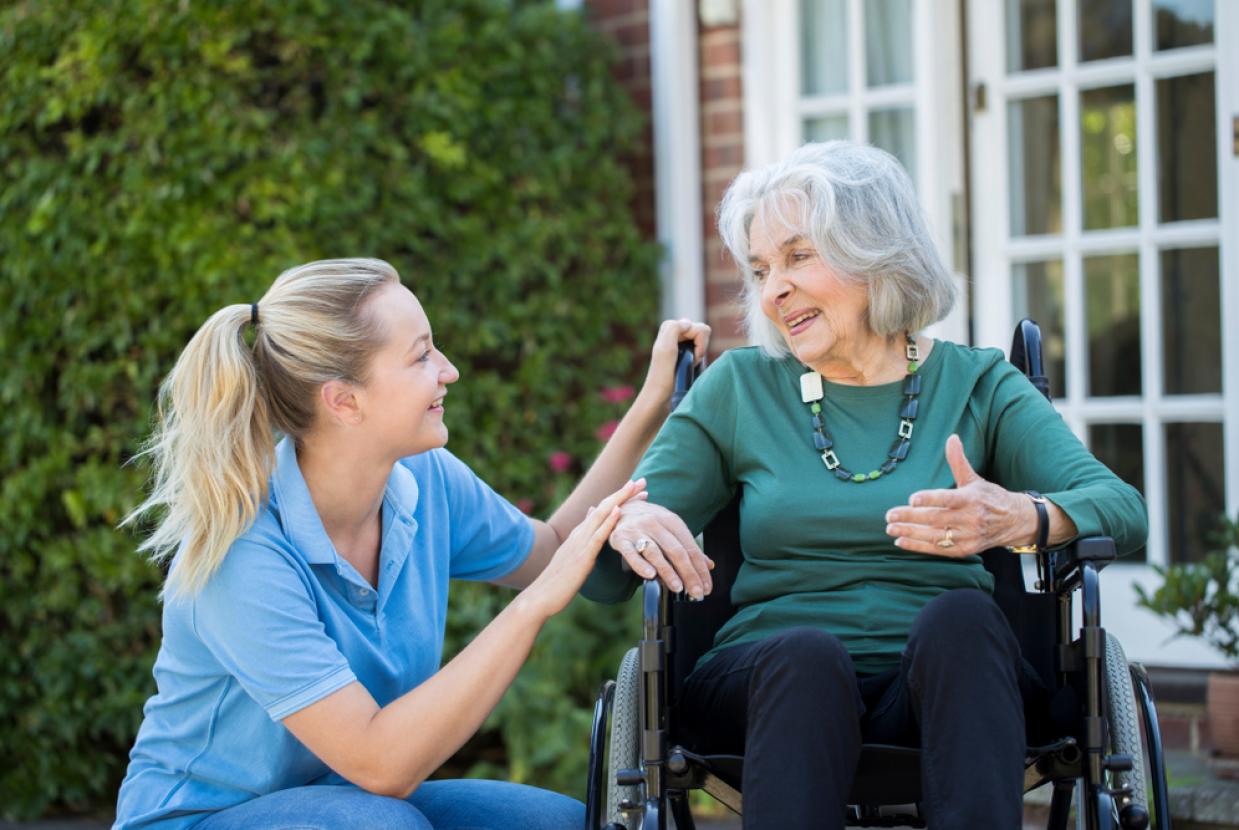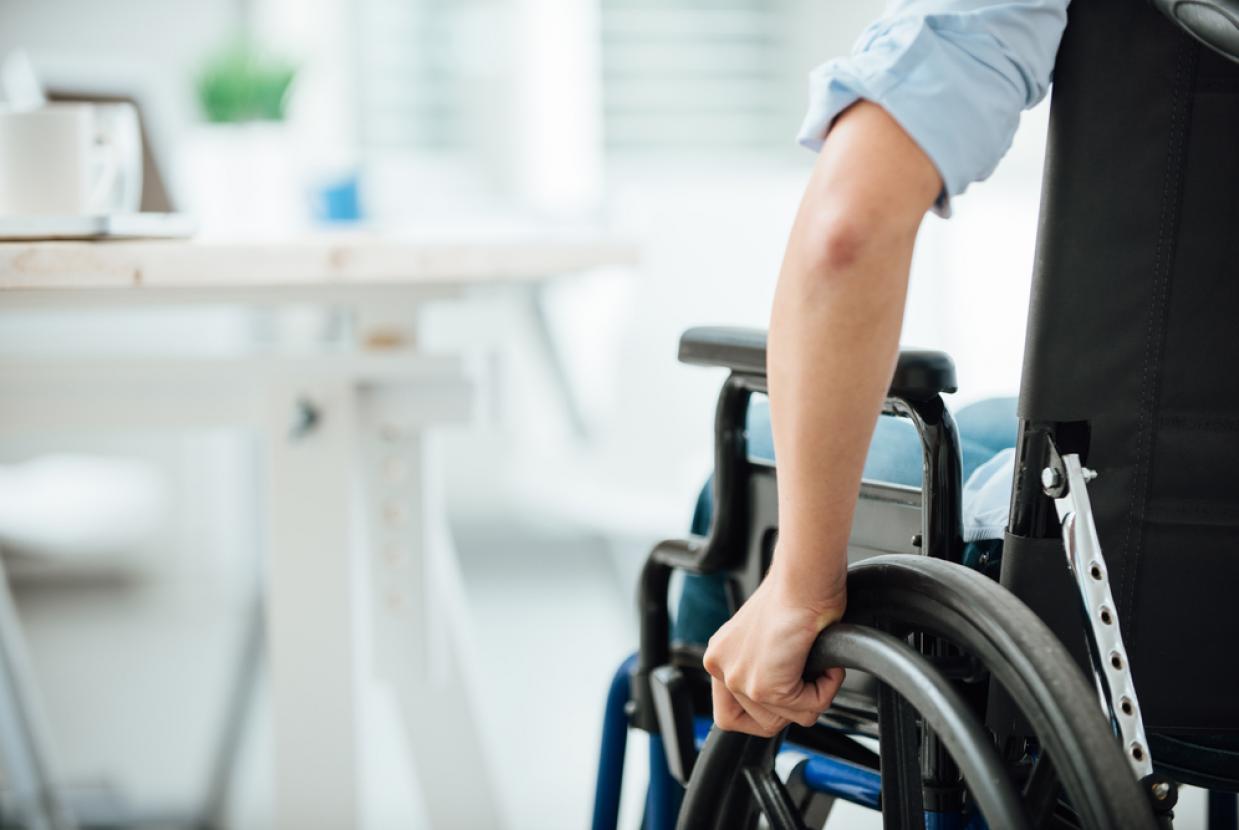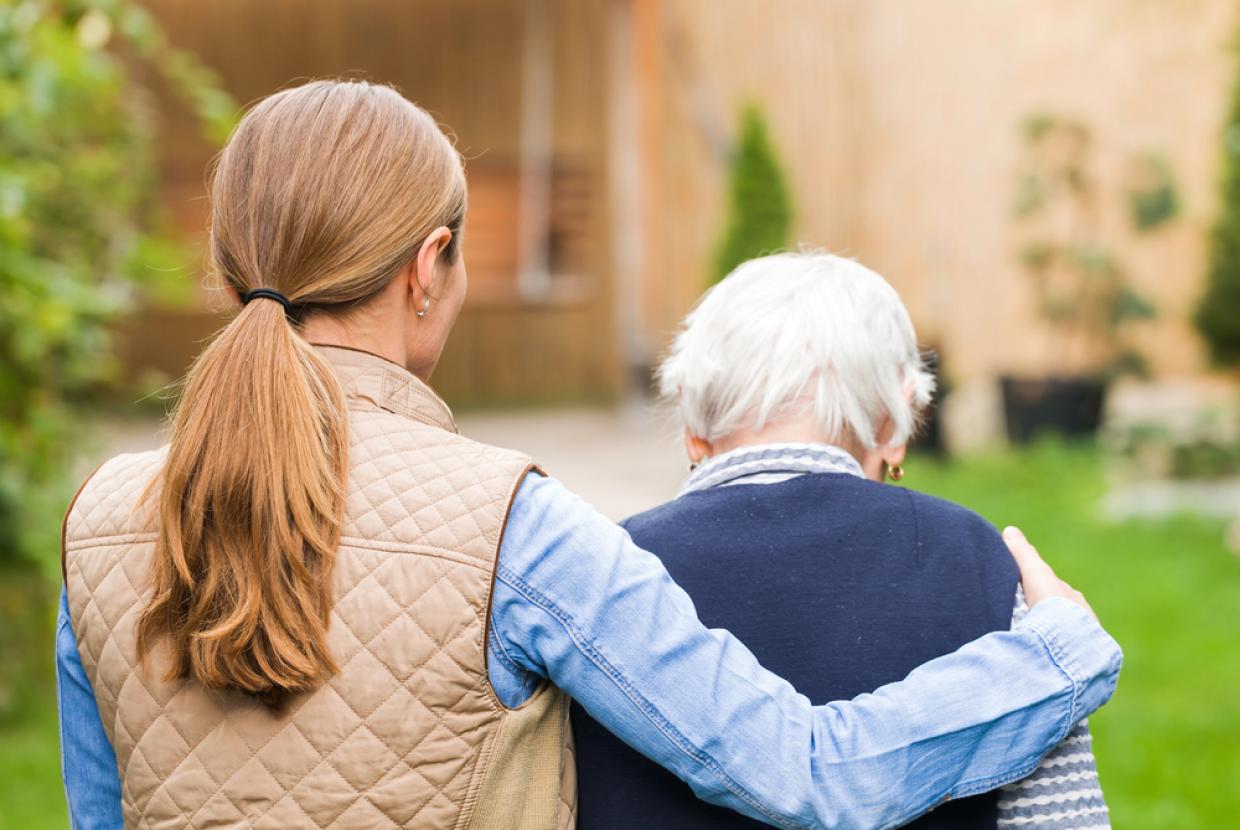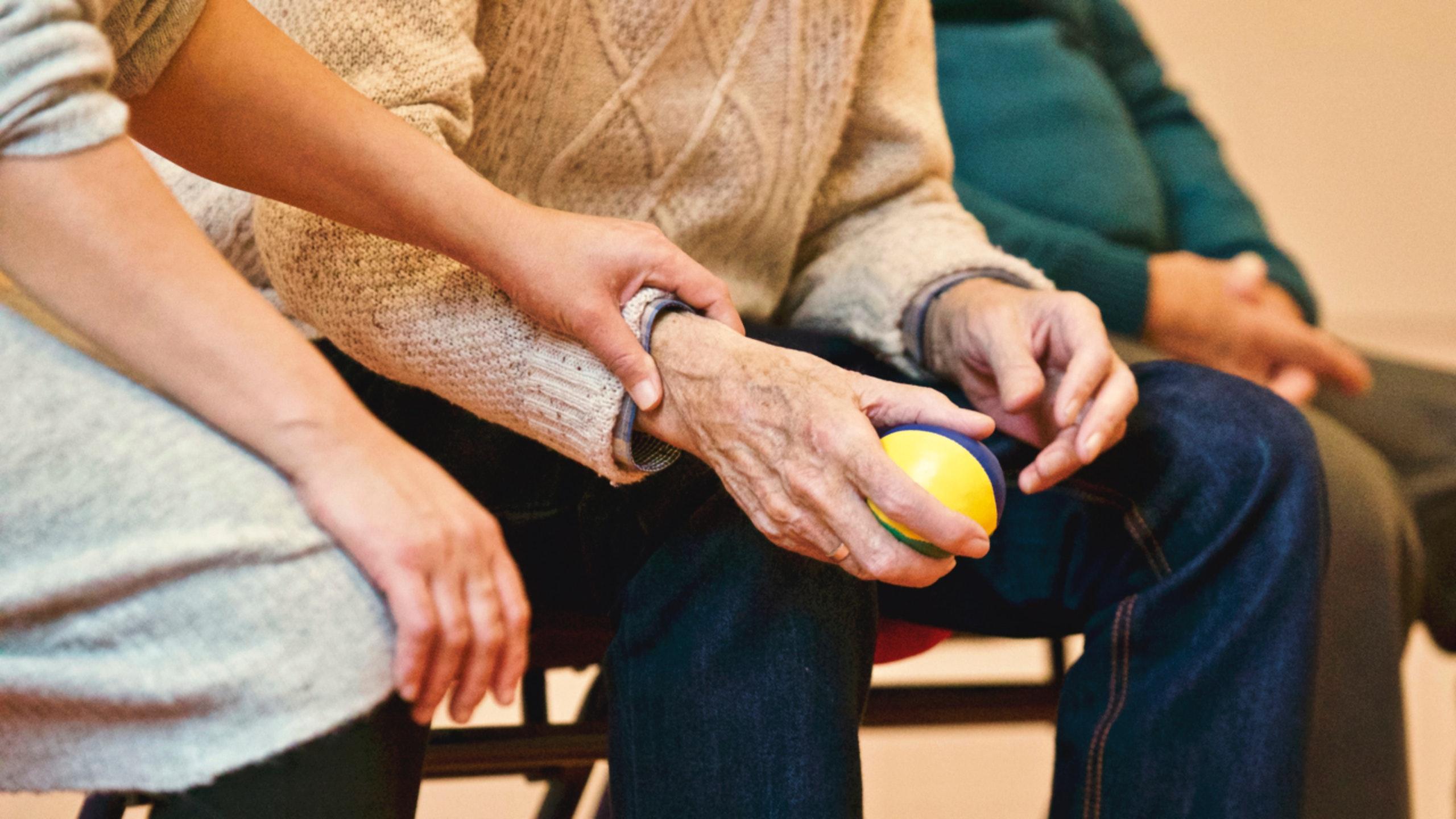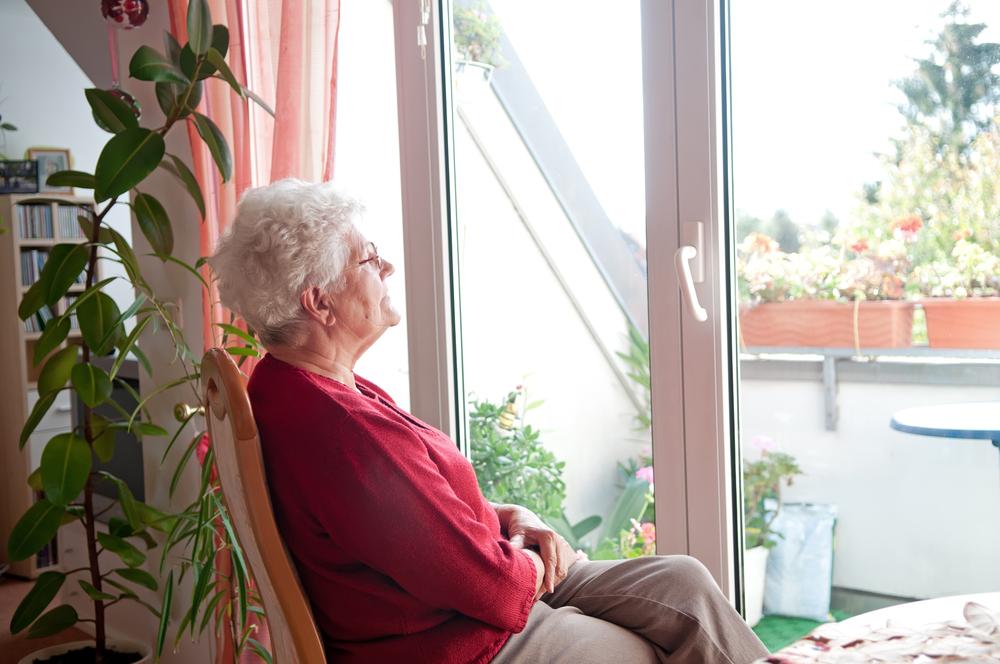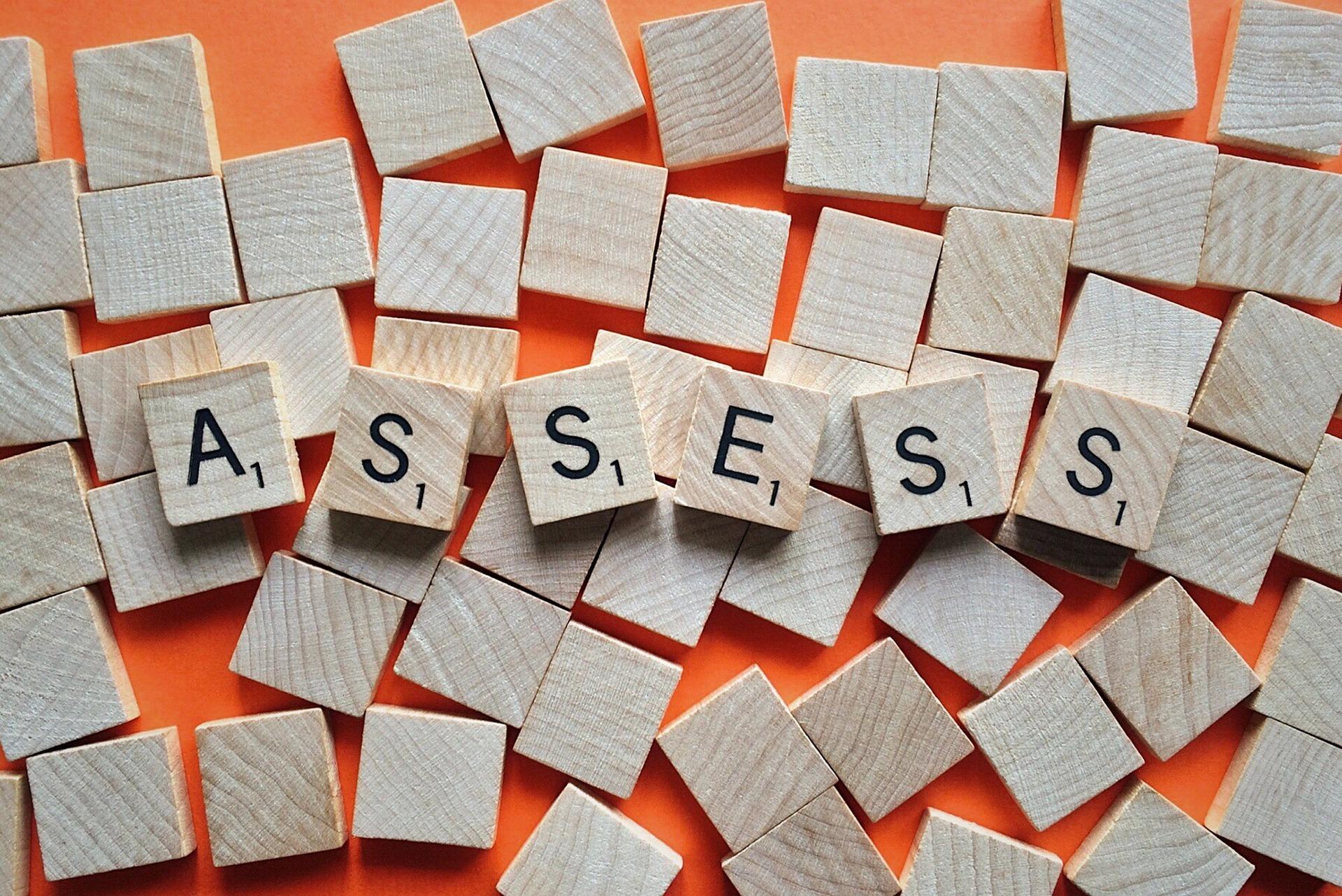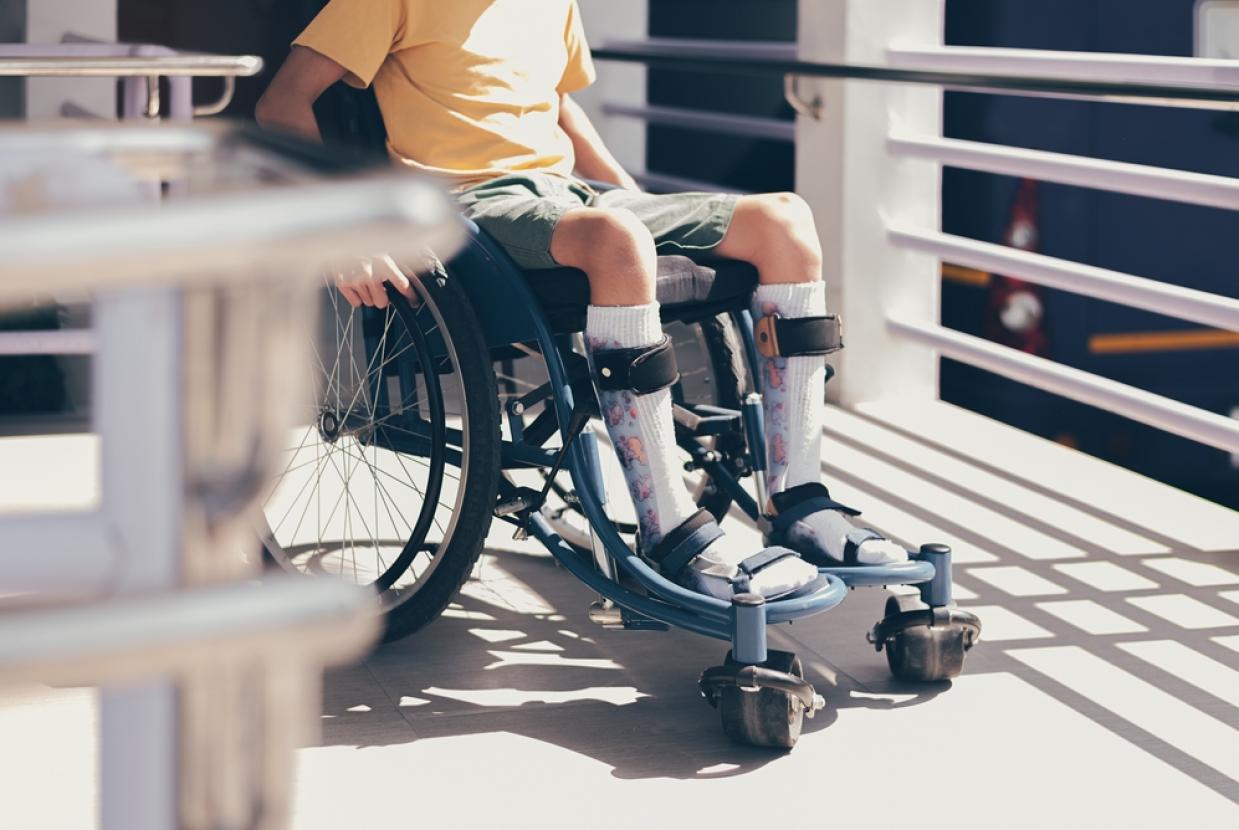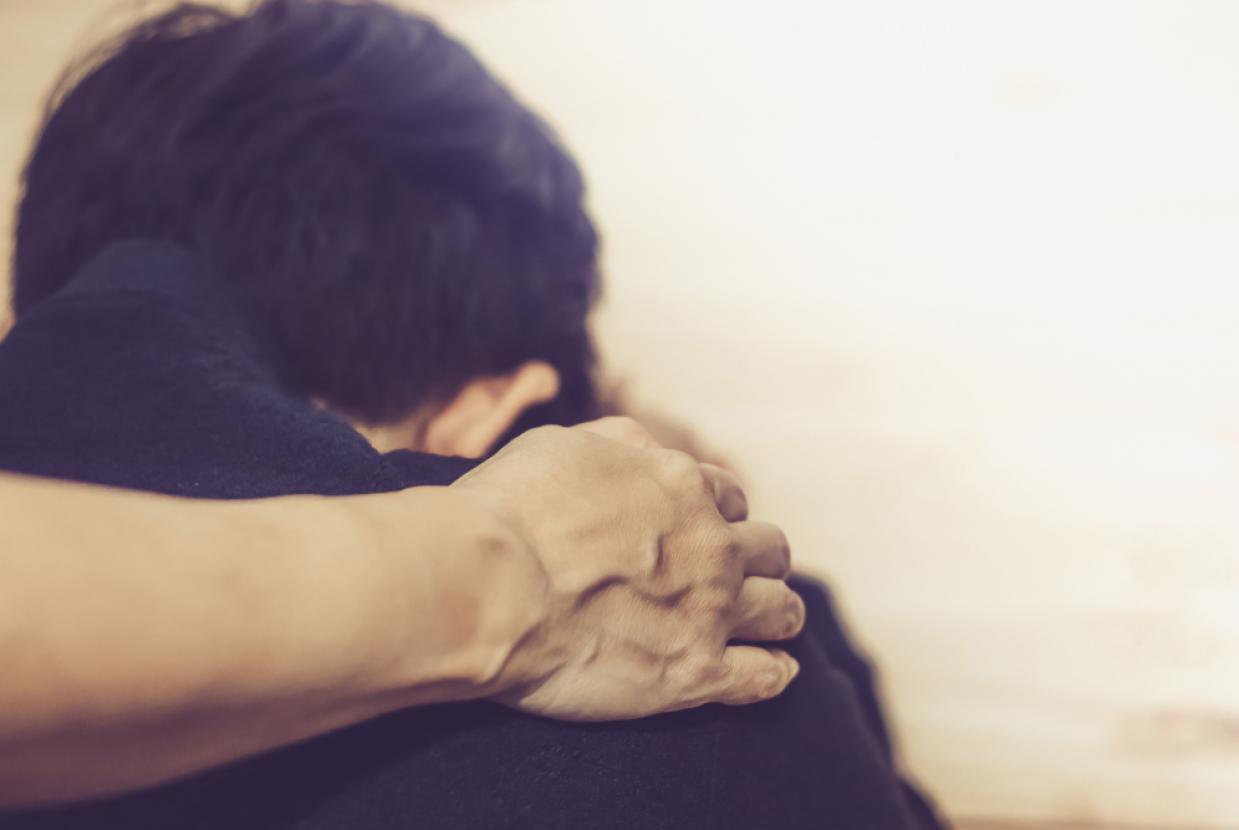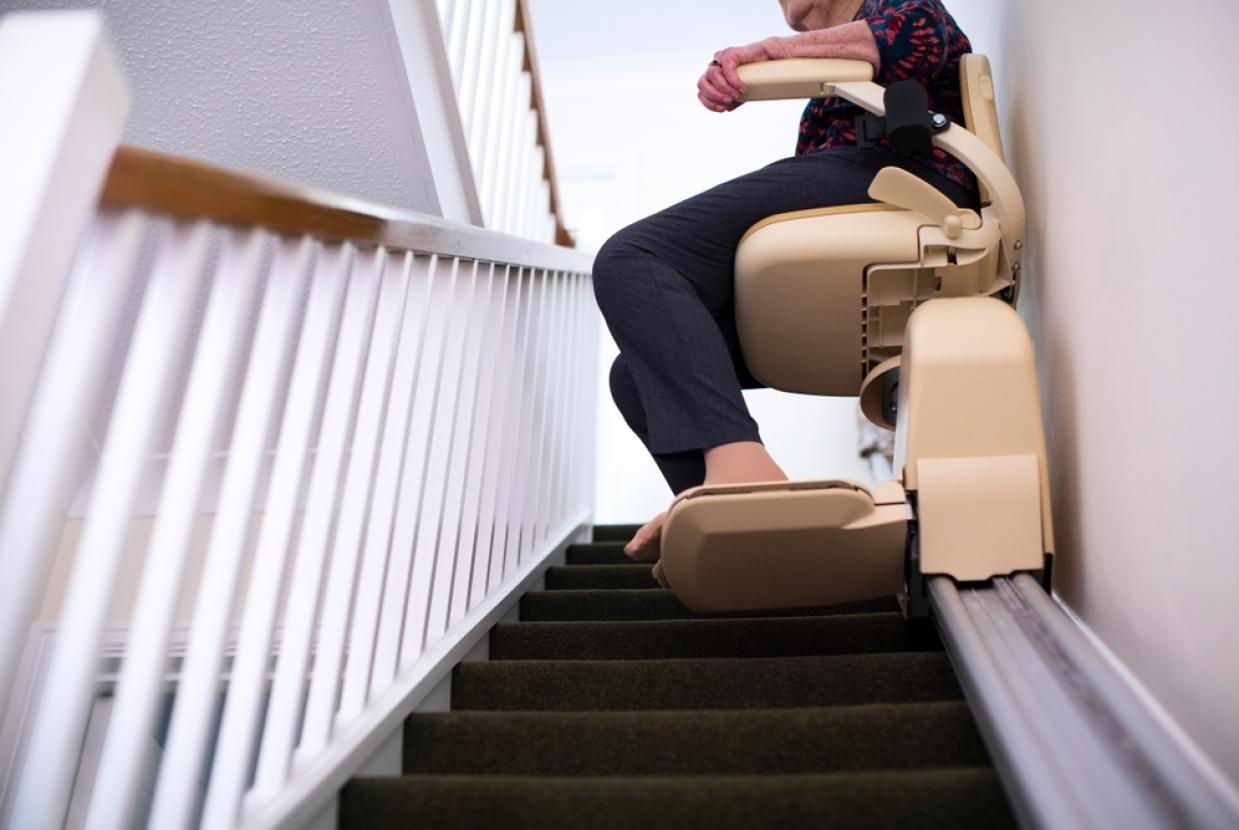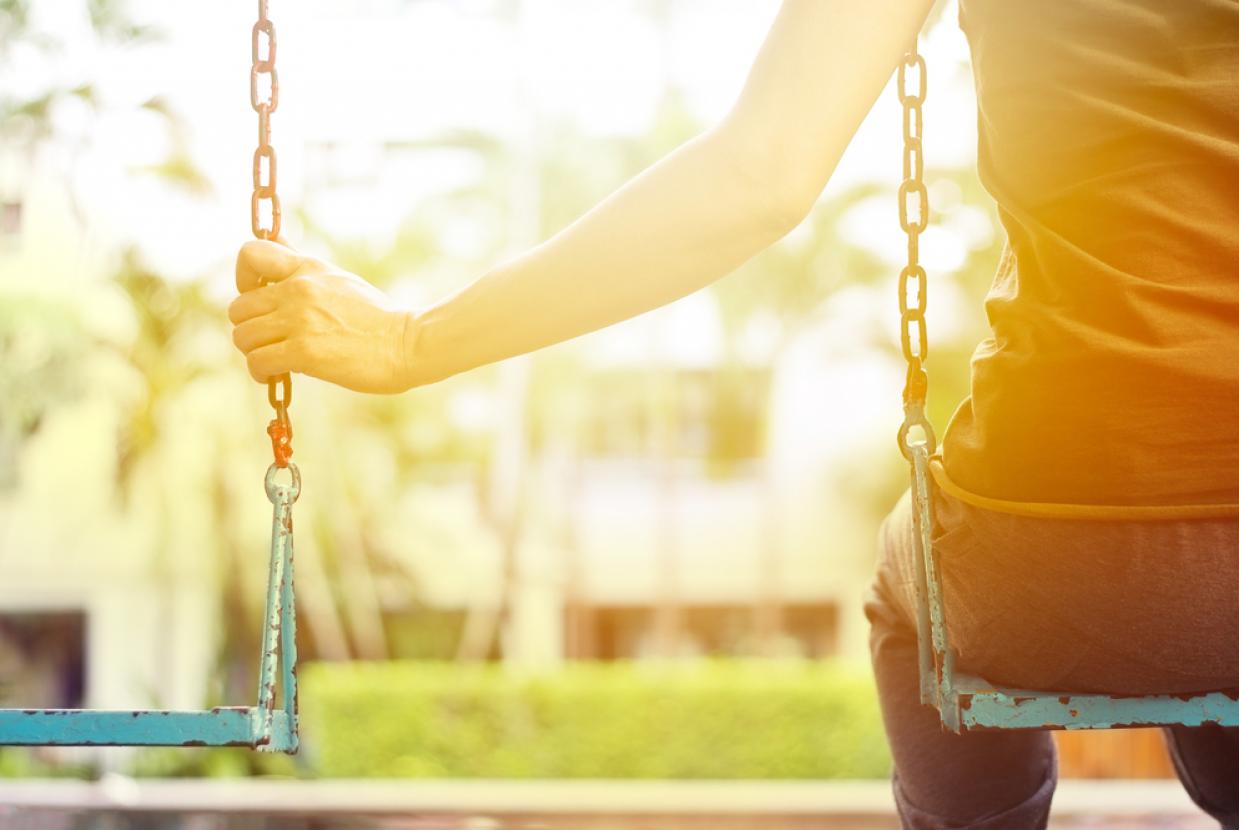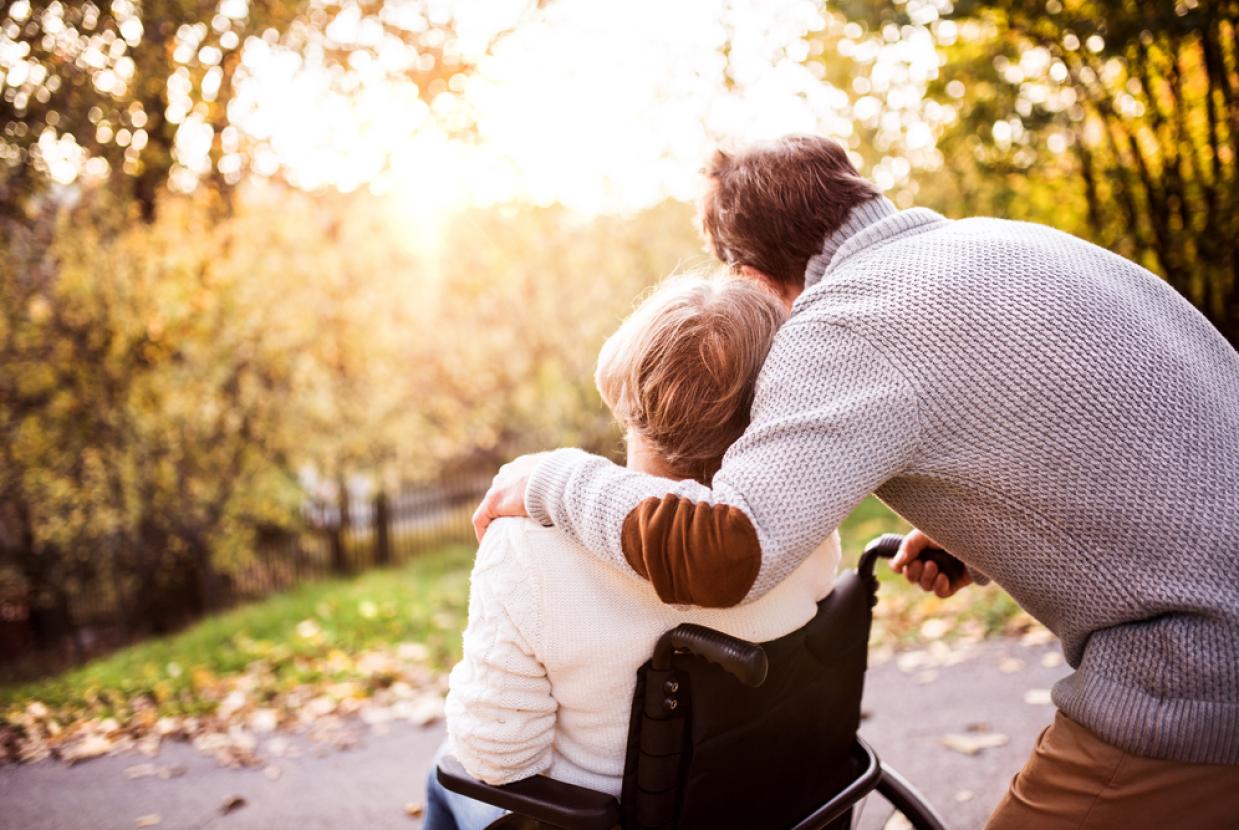Caring For A Disabled Child
Caring for a disabled child can make your daily parenting duties, such as feeding, toilet training and getting them to sleep, more challenging.
Feeding and eating
A disabled child may have problems with feeding and eating for many different reasons, such as:
- physical problems that cause difficulty swallowing, chewing, sucking or digesting certain foods
- limited mobility, which might make it difficult to sit up to eat or drink
- a learning disability
It might take longer for your child to be able to feed themselves, but developing the skills to do so can also help them in other ways, such as with speech and language development and co-ordination.
Your health visitor can advise you on many aspects of feeding and weaning your baby. As your child grows, you might be able to get a referral from your GP or health visitor for specialist help.
This could include:
- a speech and language therapist – to help with physical issues like chewing and swallowing
- an occupational therapist – to advise you about aids that might help your child, such as special plates, bowls, cups, adapted cutlery or non-slip mats
- a physiotherapist or occupational therapist – to advise you on getting your child into the right physical position to eat
- a dietitian – to help you if you're concerned that your child isn't eating enough
Sleeping
Disabled children can have sleep problems for a range of physical reasons, such as muscle spasms or breathing difficulties, depending on their particular health problem.
Children with some learning disabilities may find it hard to understand why and when they need to sleep. Your health visitor or community nurse should be able to suggest ways to encourage good sleep. Your GP may also be able to help or refer you to a sleep specialist or psychologist if necessary.
If your sleep is constantly interrupted, you can ask for a carer's assessment from social services. They may be able to provide short breaks from caring so you can get some undisturbed sleep.
Your child might also qualify for Disability Living Allowance (DLA), or a higher rate of DLA if they already get it, if they need constant care and attention at night because of sleep problems.
Potty training
All children are different, but most show signs of being ready to learn to use the toilet at around 2 or 3 years old. Some disabled children may not be ready until they're older, or they may take longer to learn.
This could be because of learning disabilities or physical challenges, such as impaired mobility, movement skills or muscle tone. Some children may never learn to use the toilet on their own. Some health conditions may mean that a permanent colostomy or ileostomy is needed.
If your child's health condition affects their ability to control their bladder or bowel, their doctor may be able to refer you to a continence specialist.
An occupational therapist can advise you about special potties or toilet seats if your child needs help with sitting, or about any bathroom adaptations that might be useful.
A physiotherapist can advise about issues such as moving and handling your child, or finding the best position for your child to be able to use the toilet.
Your local health authority's incontinence service may be able to supply items such as larger nappies, pads and bedding protection once your child is over a certain age (this may vary from area to area). If they're unable to do this, they can tell you where you can buy them privately.
Moving around
If you're concerned about your child's ability to move around normally, your GP may refer you to a physiotherapist to assess their mobility needs. As part of the assessment, the physiotherapist will discuss mobility aids that could help your child, such as:
- walking aids – which you can loan from the local hospital or community health service
- wheelchairs, buggies and adapted seating – from your local NHS wheelchair service
You can get contact details for your local wheelchair service from your GP or physiotherapist.
The charity Whizz-Kidz can provide children under 18 with mobility equipment that's not available from the NHS. They also offer wheelchair skills training. Go Kids Go! also provides free wheelchair skills courses.
If your child gets the high rate mobility component of Disability Living Allowance, you can apply to the Motability scheme to buy a powered wheelchair or buggy.
If you drive, you could apply for road tax exemption and a Blue Badge for disabled parking.
The Blue Badge may be awarded if your child is 2 years old or over and has a permanent disability that makes walking difficult.
If your child is under the age of 2, you may get a Blue Badge if they need to have bulky medical equipment with them or need to be near the vehicle in case they require urgent medical treatment.
Challenging behaviour
Challenging behaviour can be common in children with learning or sensory disabilities. This is because communication problems can make it difficult for them to express their needs, likes and dislikes. Challenging behaviour can take many forms, from aggression to withdrawal.
Communicating with your child
Some physical conditions and learning disabilities can mean that your child has little or no clear speech, or their speech may be slow to develop.
You may worry about how well they'll communicate with you and other people as they grow up. A wide range of equipment and techniques can support or replace speech, including signing (perhaps using a system like Makaton), symbols, word boards and electronic voice output communication aids (VOCAs).
A speech and language therapist can assess your child and help you decide the most appropriate aids.


